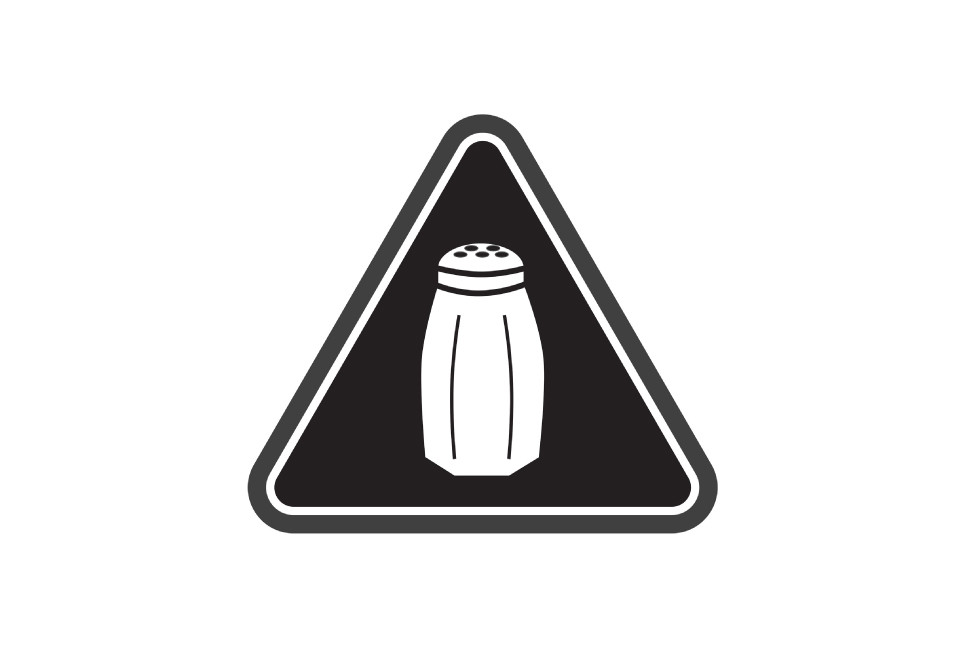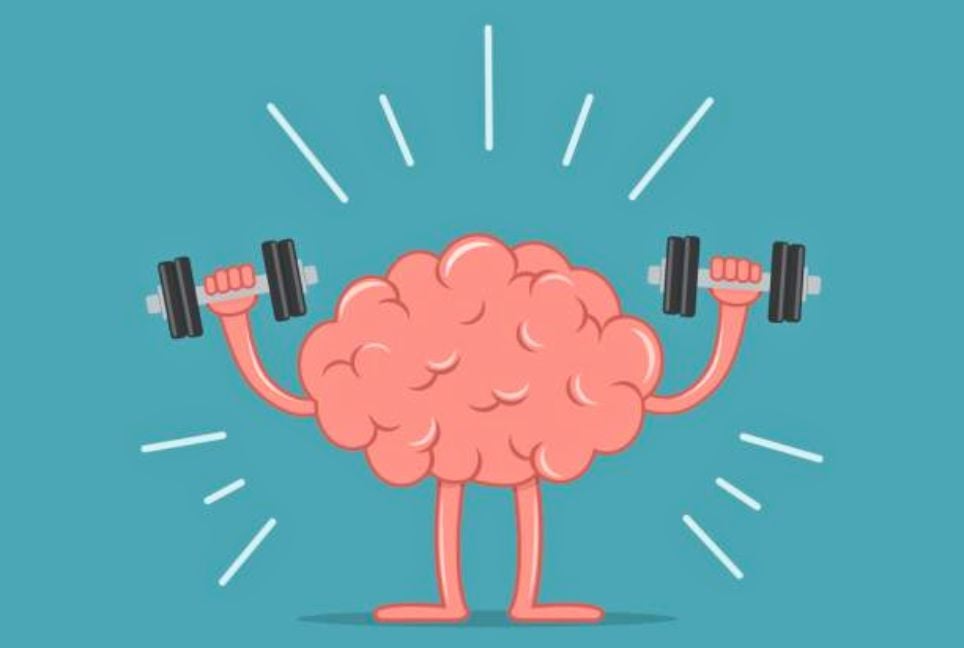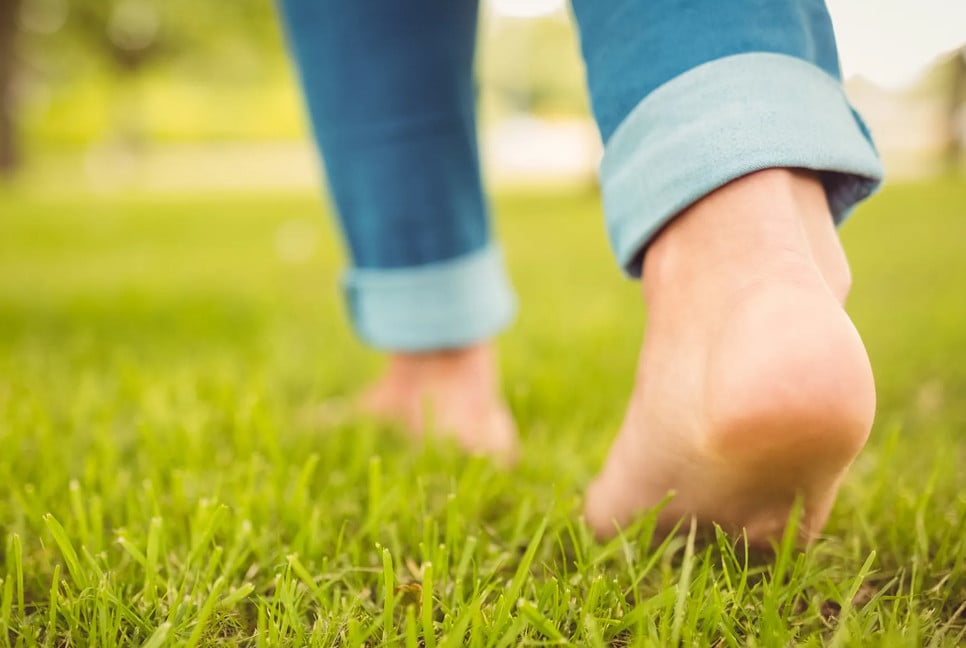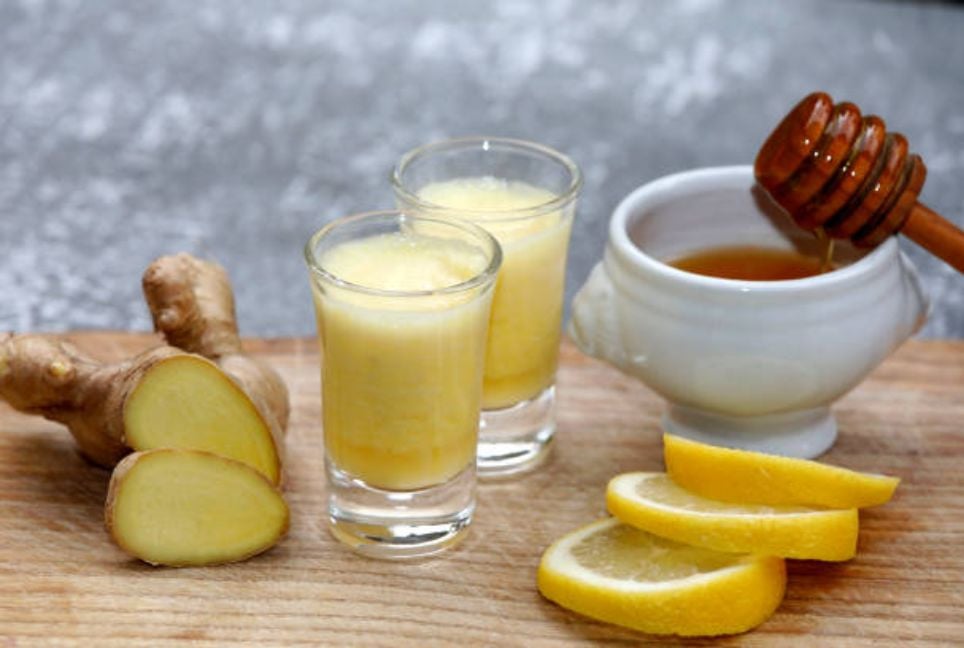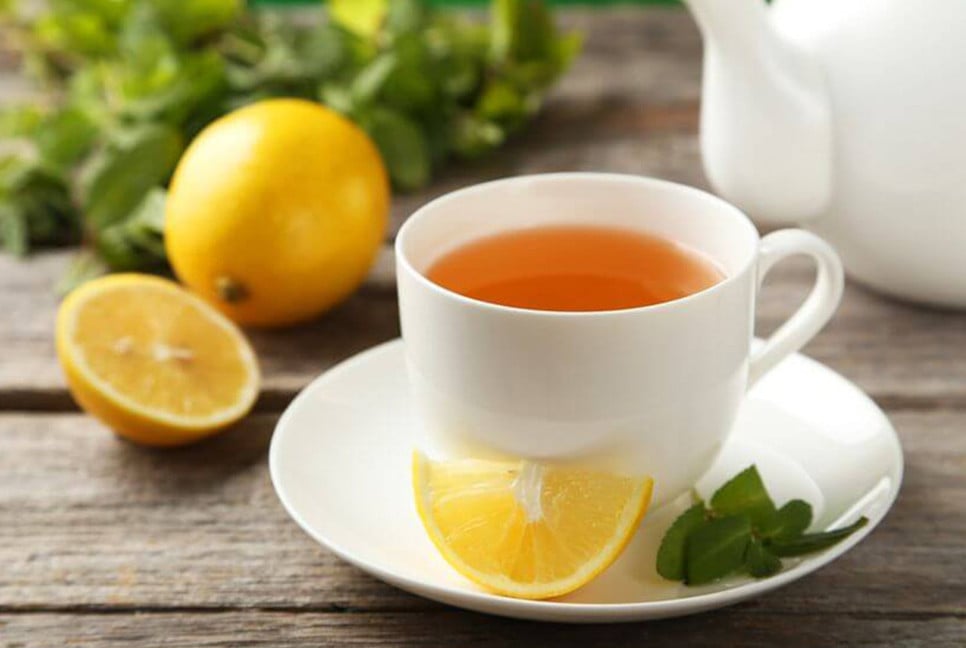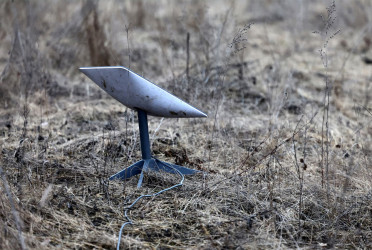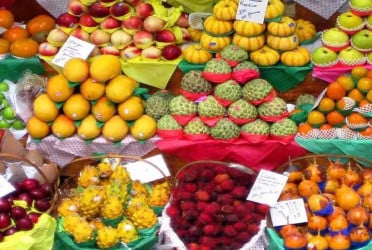The World Health Organization (WHO) recommends less than 5g of salt daily. The average British adult eats 8.4g of salt every day. That’s 40 per cent above the UK’s recommended maximum, and almost 70 per cent above the WHO’s recommendation. This matters.
Excess salt consumption is linked to high blood pressure (hypertension), and hypertension is the leading cause of heart attack and stroke. “Thousands of people in the UK die needlessly each year due to high salt intake,” Action on Salt said in its response to the autumn budget.
According to the group, if everyone in the UK ate 1g less salt a day, it would prevent more than 4,000 heart attacks and strokes every year, reports The Guardian.
The British Heart Foundation (BHF) has calculated that, if every adult in the UK met the WHO salt-consumption guidelines by 2030, by 2035 there would be up to 1.4m fewer new cases of high blood pressure, up to 1,35,000 fewer new cases of coronary heart disease and up to 49,000 fewer new cases of stroke.
The WHO has said: “Reducing sodium intake is one of the most cost-effective measures to improve health and reduce the burden of non-communicable diseases.”
Even people already taking medication for hypertension can significantly lower their blood pressure by halving their salt intake, according to a report published in September.
Unlike, say, excess sugar, which can cause tooth decay, weight gain, skin problems and mood swings, the effects of too much salt are hidden. “There are no visible symptoms or side-effects,” says Sonia Pombo, the campaign lead for Action on Salt and a research fellow at Queen Mary University of London. “It is thought that there are 5 million people with undiagnosed high blood pressure in the UK. It’s a ticking timebomb.”
Excess salt is also linked with stomach cancer, kidney disease and osteoporosis. “We should be doing all we can to reduce our salt intake,” concludes Pombo.
But it is a long process. “Salt is one of the cheapest sources of preservation, and a traditional one. Reduction needs investment into new preservation techniques,” says Sarkar. “If we banned salt overnight, prices would go up. Food would have a shorter shelf-life, waste would increase and carbon emissions would go up.”
“The more salt you have, the more you want – you become addicted to it,” says Sarkar.
There is some good news. “Our taste buds can adapt to less salt,” says Parker. You have to retrain your taste buds gradually. Be patient, and give yourself three to five weeks to adjust.”
Surely fancy salts aren’t as bad as cheap table salt? “Himalayan rock salt contains tiny levels of micronutrients but exactly the same level of sodium as table salt,” says Pombo bluntly. “Things like Maldon sea salt have much bigger salt crystals so they don’t taste as salty, but they are – and you might end up adding more.”
Is it possible to eat too little salt? In a word, no. Sodium is naturally present in many foods, and we only need 1g of salt a day – about a pinch – for our bodies to function. Even if you do a lot of sweaty exercise, you’re highly unlikely to need extra salt. “Big sweaters do lose some sodium, but most of us are getting more than enough, so you don’t need to compensate,” says Parker. Just drink plenty of water.
Bd-pratidin English/ Fariha Nowshin Chinika

